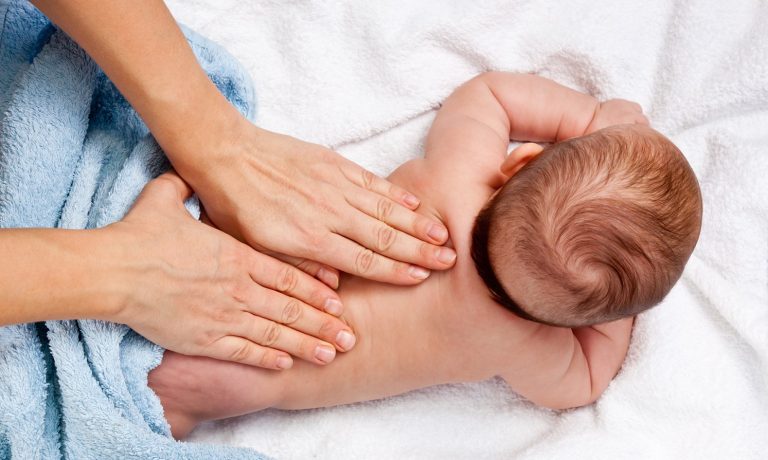Crawling is the first and the most crucial step in your baby’s motor development. In each period of infancy, your baby will develop new motor skills which are essential not only for physical strength and small movements, but also for brain development. But, what age do babies crawl?
Crawling is one of the first forms of baby’s independent movement and it usually begins after six months of age. However, most babies will probably start crawling between nine and eleven months. Of course, since not all children are the same, some may start crawling sooner and others later. Crawling will strengthen your baby’s body and coordinate their movements, while they learn more about their surroundings and improve their visual skills. Therefore, crawling is an extremely important activity for your baby.
At the age of nine months, the majority of the babies will become more aware of their surroundings and they will be interested in exploring them. They will try to move from one place to another in order to reach or see something. Therefore, crawling allows the baby to explore and discover new possibilities. But, in order for your baby to start crawling at all, it is necessary to provide a free and safe space, so that the baby can move freely. Your baby needs room to practice their motor skills, and the best place to develop strength and explore movement is on the floor. Encouragement is also important, therefore, you will have to be with your baby on the floor and encourage your baby to reach for you. Make it fun and encourage them to grab a toy you will hold out of reach to challenge them.
In This Article
Why is crawling so important?
As we mentioned above, crawling contributes to the baby’s development of gross motor skills, fine motor skills, balance and hand-eye coordination. Crawling is essential because it allows your baby to get familiar with their surroundings and because it gives them a sense of security and the ability to decide where to go and what to experience next. It has also been proven that children who crawled, started walking easier and faster than those who didn’t crawl.
How to encourage your baby to crawl?
You should give your baby plenty of tummy time every day from an early age. While the baby is still small, it should never be left in a tummy position while alone or for a long period of time. But, tummy time is important because it strengthens your baby’s neck, back, and shoulder muscles, and prepares them for the crawling phase. Babies usually will begin crawling after six months of age, but there are some babies who completely skip the crawling stage. Parents can encourage their babies to crawl by placing them on the floor on a flat, firm, and clean surface that’s not too smooth. Nowadays, there’s a huge variety of crawling mats in bright colors that are especially made for this purpose – to encourage babies to start crawling. A baby who is constantly kept in a seat or stroller cannot learn to crawl because there are no conditions for movement. It is also important to note that the baby must be in a good mood for activities, which means that it shouldn’t be hungry or sleepy. In addition to free space for movement, your baby also needs a motive to start moving from one spot towards another. But, the most important thing is that the parents need to be very patient and persistent. Keep in mind that not all babies are the same, so some babies need a longer period of time to develop certain motor skills and such babies should be monitored more often. The pediatrician should determine if the baby needs to receive treatment or start exercise to promote crawling.
What to do if your baby can’t crawl?
Some babies, despite everything, do not start crawling when they’re supposed to. But, as a parent, you need to be persistent and patient with your child. Around ten months of age, your baby should show an interest in rolling over and crawling, but if this is not the case, do not worry and contact your pediatrician who will assess whether treatment and physical therapy are needed.











